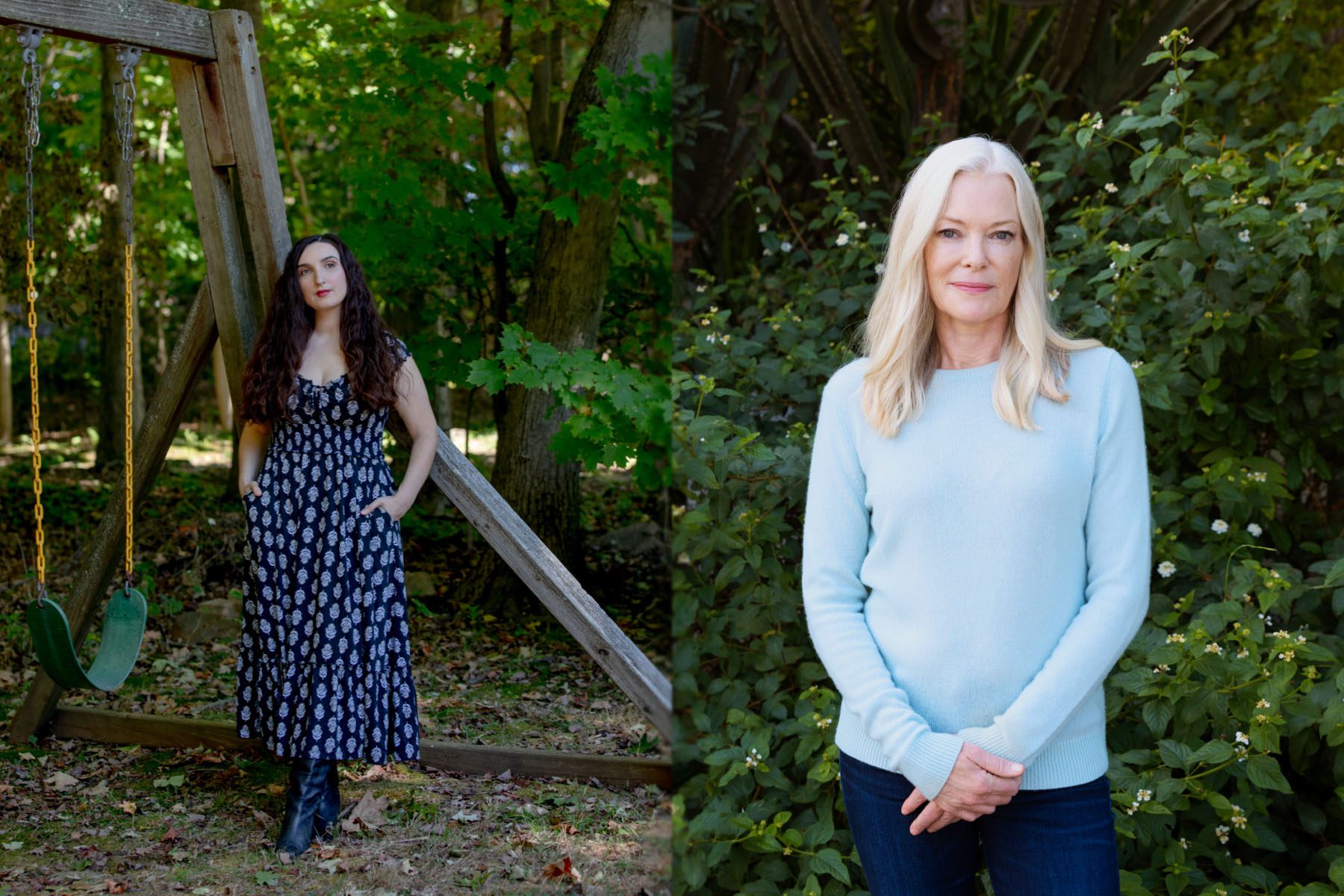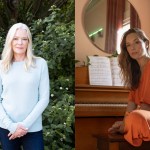*Correction appended.
Survivors of Hollywood mogul Harvey Weinstein’s alleged sexual violence have complicated feelings about the mixed verdict issued Monday in his Los Angeles trial.
Weinstein was found guilty on three of the seven counts he faced for assaulting women in Los Angeles County: forcible rape, sexual penetration by a foreign object and forcible oral copulation. All of those convictions related to the allegations of one woman, known as Jane Doe #1 during the trial, as part of the wave of allegations that first broke against the producer five years ago. He was found guilty on two felony sexual assault charges in a separate criminal trial in New York in 2020; at this same trial, he was also acquitted on two counts of predatory sexual assault.
In Los Angeles, Weinstein was acquitted on one count of sexual battery by restraint against one woman. There was also a hung jury on one count of sexual battery by restraint, one count of forcible oral copulation, and two counts of rape related to the allegations of two other women — one of whom is Jennifer Siebel Newsom, the spouse of California Gov. Gavin Newsom.
Other women who have come forward with allegations against Weinstein told The 19th they had complicated feelings about the verdict. None of the women were involved in this criminal trial, but have publicly shared their stories about Weinstein in the past. Most were involved with the civil class action suit against Weinstein that reached a settlement in 2020.
A representative for Weinstein told the Washington Post that his team was likely to appeal any conviction, and that Weinstein is “determined to continue his legal challenges in ultimately proving his innocence.”
-
More from The 19th
- More than a ‘Weinstein survivor’: Women continue to reclaim their voices five years after #MeToo
- Most Americans believe #MeToo has changed the climate around workplace sexual misconduct
- ‘She Said’ disrupts the Woodward and Bernstein vision of journalism in favor of a new generation
“You go forward, and then you go back,” said Louise Godbold, one of the women who came forward with accusations against Weinstein in 2017. “But each time you go forward, you do make inroads and gain ground, so we have to keep on educating people and not be silenced. We have to keep working to educate people and help them understand so that hopefully we will one day soon be able to look back and know that this should have never happened like this, that we were in the Dark Ages.”
Deborah Tuerkheimer, a professor at Northwestern Law and the author of “Credible: Why We Doubt Accusers and Protect Predators,” told The 19th that the complex verdict “really captures the ambivalence and mixed nature of this moment.” Tuerkheimer explained that the conviction on the count of forcible rape reflects some #MeToo cultural shift.
“We have this conviction on the most serious charge and that kind of accountability is so rare,” she said. “…The fact that he was convicted of forcible rape is significant and reflects a change in the culture and some hope for real accountability within the criminal justice system.”
But she also said that the acquittal and counts on which the jury was hung also reflect the continued “disbelief in and tendency to dismiss the women who come forward — especially against powerful men.”
Jurors and citizens have a difficult time, Tuerkheimer said, believing allegations that do not resemble what she referred to as the stranger rape paradigm.
“The farther allegations deviate from an assault from a stranger, with a weapon, and using lots of force, the greater the likelihood that a story will be dismissed — and I think that is reflected in the verdict here,” Tuerkheimer said.
She points to the way that the guilty verdicts were rendered on the charges that mostly tightly adhered to this narrative — including a lack of contact with Weinstein from the victim before and after the assault. While Jane Doe #1’s story “was not exactly the stranger rape paradigm, it was also closer to it than any of the other women who testified and found they couldn’t convince a jury to believe them beyond a reasonable doubt.”
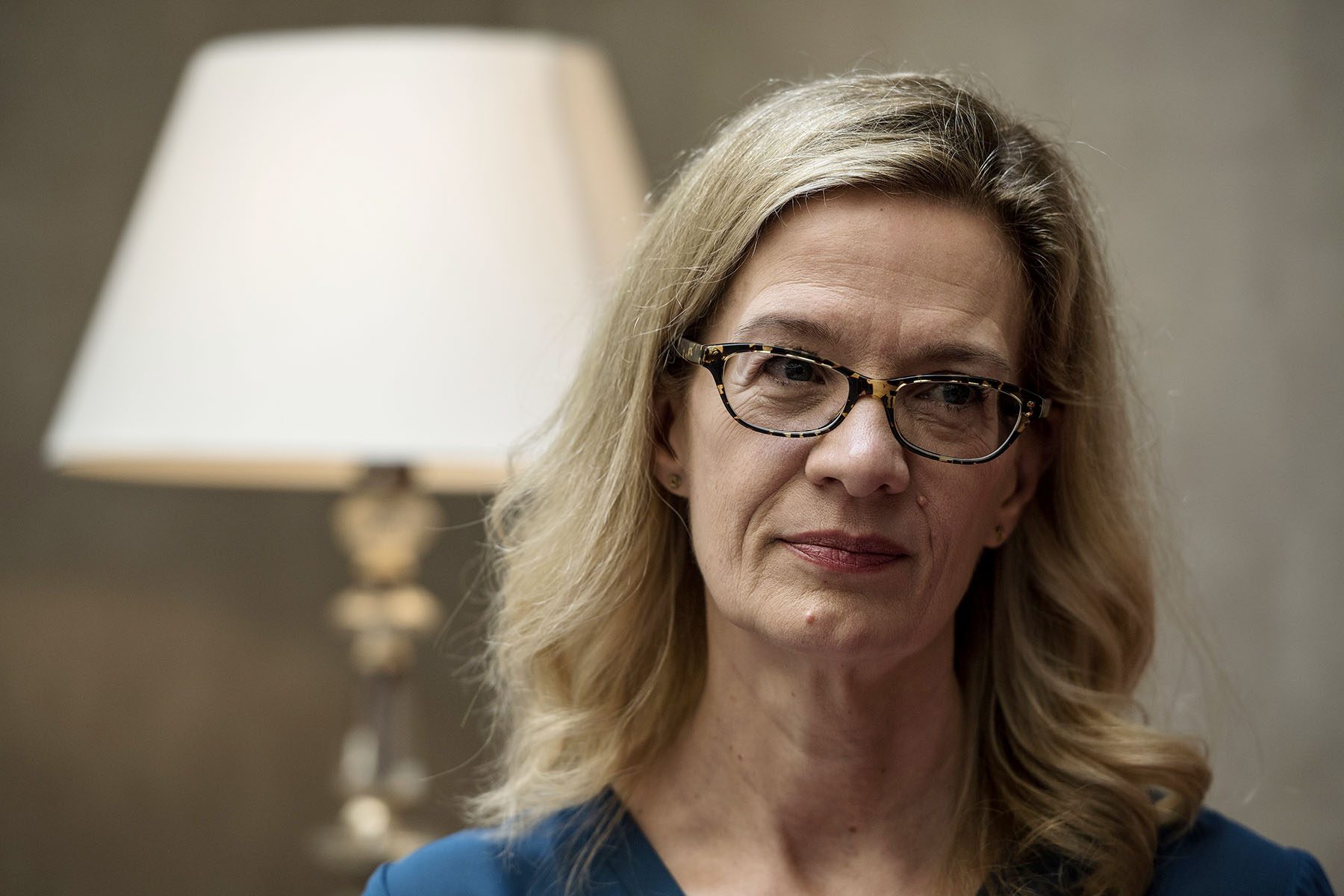
As she outlines in her book, because often only “perfect victims” — those whose stories allow people to believe that they fought back hard enough, broke off all contact with an assailant after an assault, and immediately reported — Tuerkheimer said that the baseline to be seen as credible is often impossibly high.
“The gold-digger trope, the attention-seeking woman trope, the woman who regrets consensual sex — these are all stereotypes and archetypes used to discredit women and we saw all of these things on display in the line of questioning taken by the defense,” she said, especially in regards to the other Jane Does’ continued contact with Weinstein after their alleged assaults. “We don’t know what happened behind closed doors in the jury room, but for those watching, it seems like archaic notions about accusers and false accusations were in effect here. That’s discouraging for anyone considering coming forward with allegations, even in the post-#MeToo era.”
The situation is even harder for those who have any kind of greater marginalization from upward societal mobility, she said, meaning that a person’s race, socioeconomic status, and profession are often all taken into account when they bring allegations forward. “Certain kinds of women are less likely to persuade us when they come forward and I think this plays into who stories we care about and whose harm and suffering matters,” Tuerkheimer said.
Godbold that justice remained incomplete. Learning of the verdict from the Los Angeles trial yesterday, Godbold felt angry about the charge Weinstein was acquitted on.
“I know so many women whose lives have been ruined and careers torpedoed and who will never be the same because of Harvey, and I am angry on all of their behalf,” Gobold said.
Godbold was seeking an internship at Miramax in the 1990s, and she eagerly accepted the opportunity to tour the offices with Weinstein. During this tour, Godbold alleges that Weinstein brought her into a room, removed all of his clothing and demanded a massage. She fled, saying she had a friend waiting for her. Today, Godbold is a trauma specialist and the executive director of Echo, an organization that provides trauma and resiliency training for families and communities.
Despite her frustrations with the verdict, Godbold does still see the wins in it. “The most important thing is that Harvey was even in that courtroom, and that shows a change. That is a sign of social progress. We cannot let other people in their ignorance make us feel shame.”
For Caitlin Dulany, who sat in the courtroom for many days of testimony, including the days that all four Jane Does took the stand, the verdict provoked “mixed emotions.” Dulany first met Weinstein in 1996, when she was in her late 20s and attended a screenplay reading at the Miramax offices in New York. Afterwards, Weinstein invited her to dinner and asked to pick her up at her apartment — when he did so, he arrived early and while Dulany finished getting ready in the bathroom, Weinstein allegedly removed all of his clothing and then met her at the bathroom door, blocking her way out. She was eventually able to escape the bathroom and her apartment. Today, she continues to work as an actor and is the vice co-chair of the SAG-AFTRA Los Angeles Committee on Sexual Harassment.
Dulany said she first experienced “tears of relief and gratitude” for the guilty verdict.
“At the same time, I was so disappointed in the outcome for the rest of the charges,” she said.
Dulany said she finds some comfort in knowing that when it comes to the hung jury, the majority of jurors voted to find Weinstein guilty, 10 to 2 on the charges connected to Lauren Young, referred to during the trial as Jane Doe #2, and 8 to 4 on the charges related to Siebel Newsom. “That matters to me. It matters to me that the majority of the jury believed those women.”
The mixed outcome of the verdict feels “worrisome” to Dulany in terms of the future of #MeToo. “We are still in a place where these kinds of cases are difficult to try, where the victims are raked through the coals during cross-examination like it’s the 1950s,” she said. “Being in the courtroom felt like a throwback, watching how these lawyers went after these women and their character. It is brutal.” ”
Dulany is trying to look ahead to finding some resolution. Throughout the trial, she said, she would fall asleep and wake up each morning thinking about the case and her own alleged assault by Weinstein. “It was in my mind and I felt like I was in a holding pattern. The days when I went to court were very traumatic. So many different feelings came up: Anger, anxiety, grief. Now I think I am headed towards a sense of resolve.””
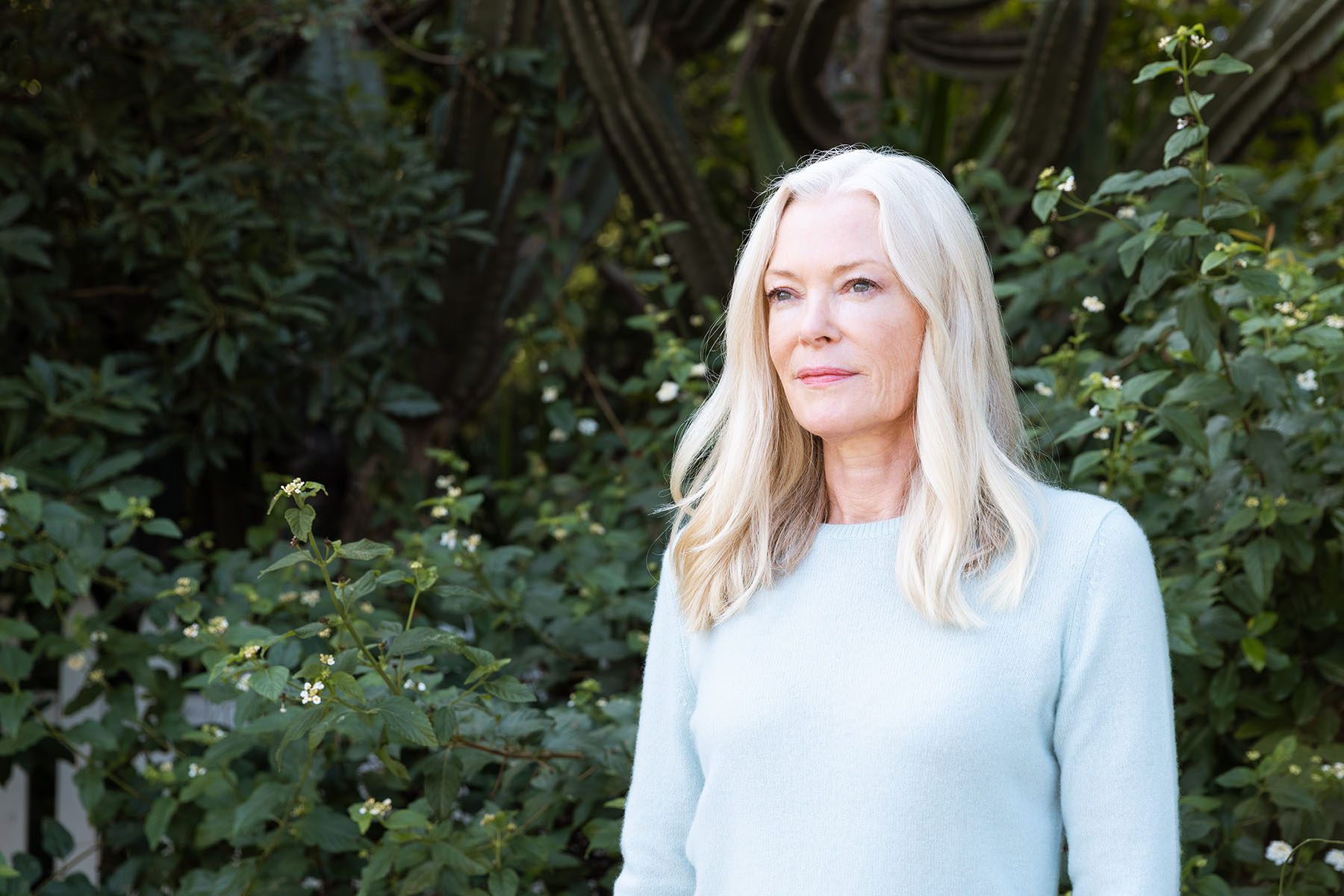
Sarah Ann Masse first met Weinstein in 2008 when, after multiple screening interviews, she was asked to travel from New York City to Weinstein’s home in Connecticut for a job interview to be a nanny to his children. Weinstein allegedly greeted her in his underwear, ordered his children to leave them alone, asked her whether she would flirt with his friends or exchange sexual favors to move ahead in her other career as an actor, and pressed his genitals against her as he gave her a prolonged hug at the end of their interview.
Masse said that today, she feels “a sense of relief” because though the verdict was mixed, it is nevertheless “a form of justice.”
“When someone is held accountable for their crimes and the real harm they have caused others, it is a triumph for every survivor and impacts all of us in a positive way.”
Looking ahead, Masse, who is a writer, actor and the founder of an initiative called #HireSurvivorsHollywood, said she cannot help but feel positive “because regardless of what decisions are made in a court of law, I know that there are exceptionally dedicated and committed activists and advocates and survivors working to end sexual violence — and that work isn’t impacted by a court ruling.”
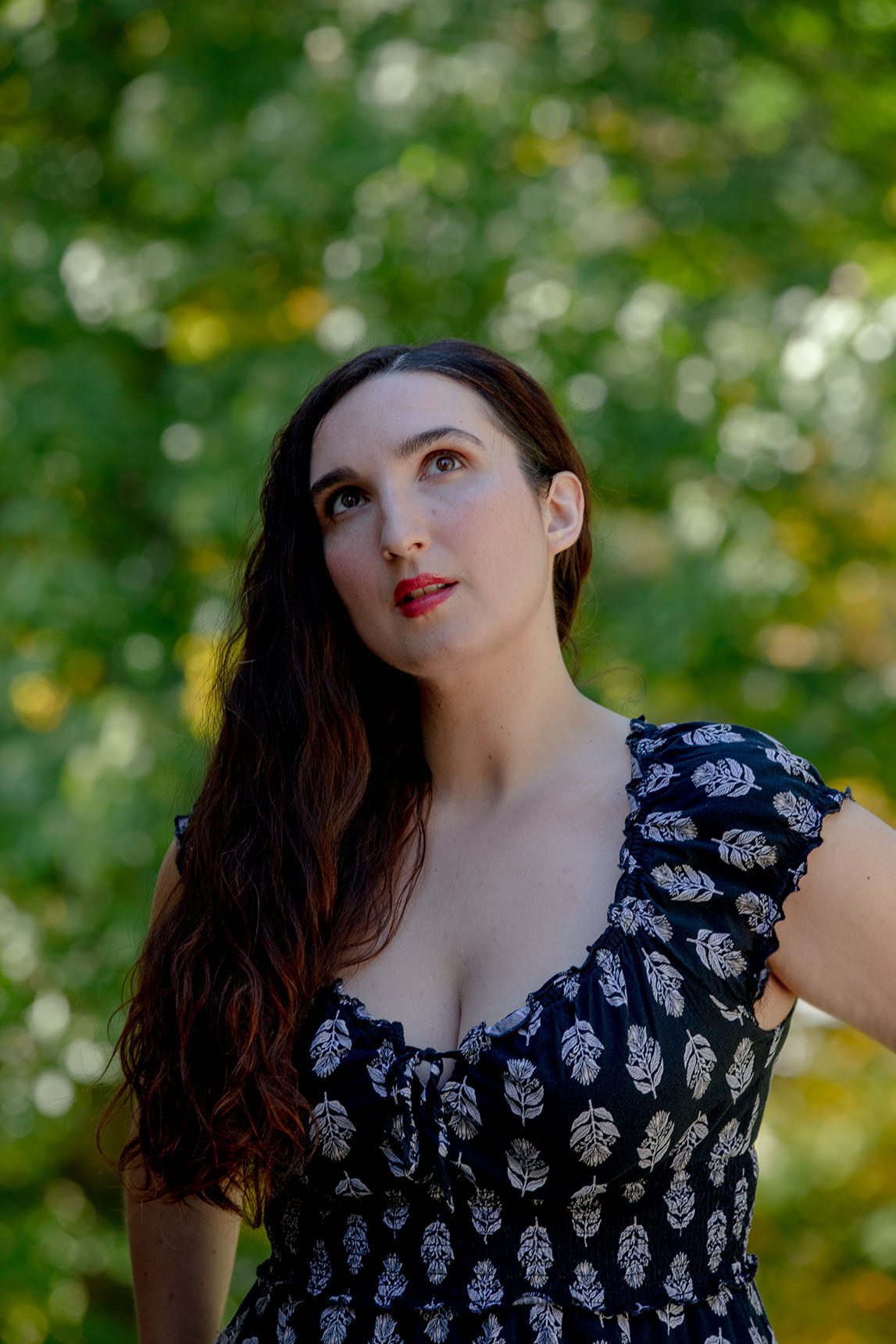
Masse said she hopes that the attention to the verdict in this most recent Weinstein trial calls attention to the way in which “survivors are spoken about and how the media talk about survivors — and how this impacts the way judges and juries process information about sexual assault.” She points to the defamation trial involving Amber Heard and Johnny Depp as an example of how the cultural conversation around being a survivor and who is allowed to be a victim can have a trickle down impact on larger social dynamics.
In her work with #HireSurvivorsHollywood, Masse said she is now able to point to a tangible and specific way that others can help change the narrative on what it means to believe and help someone who has survived sexual violence.
“Here is a way we as an industry can say, ‘You have been through something awful and traumatic and unfair — and we will not put barriers in your way now, but instead open doors.’ This isn’t about hashtag activism but direct action and there are ways people can do this in every community, regardless of their industry or status,” she said.
Larissa Gomes met Weinstein in 2000 on the set of a Miramax-produced film in Toronto, where she lived and was building a career as a dancer, singer, and actor. During a one-on-one meeting with Weinstein, Gomes alleged he asked her to show him her breasts and attempted to give her a massage before she could break away.
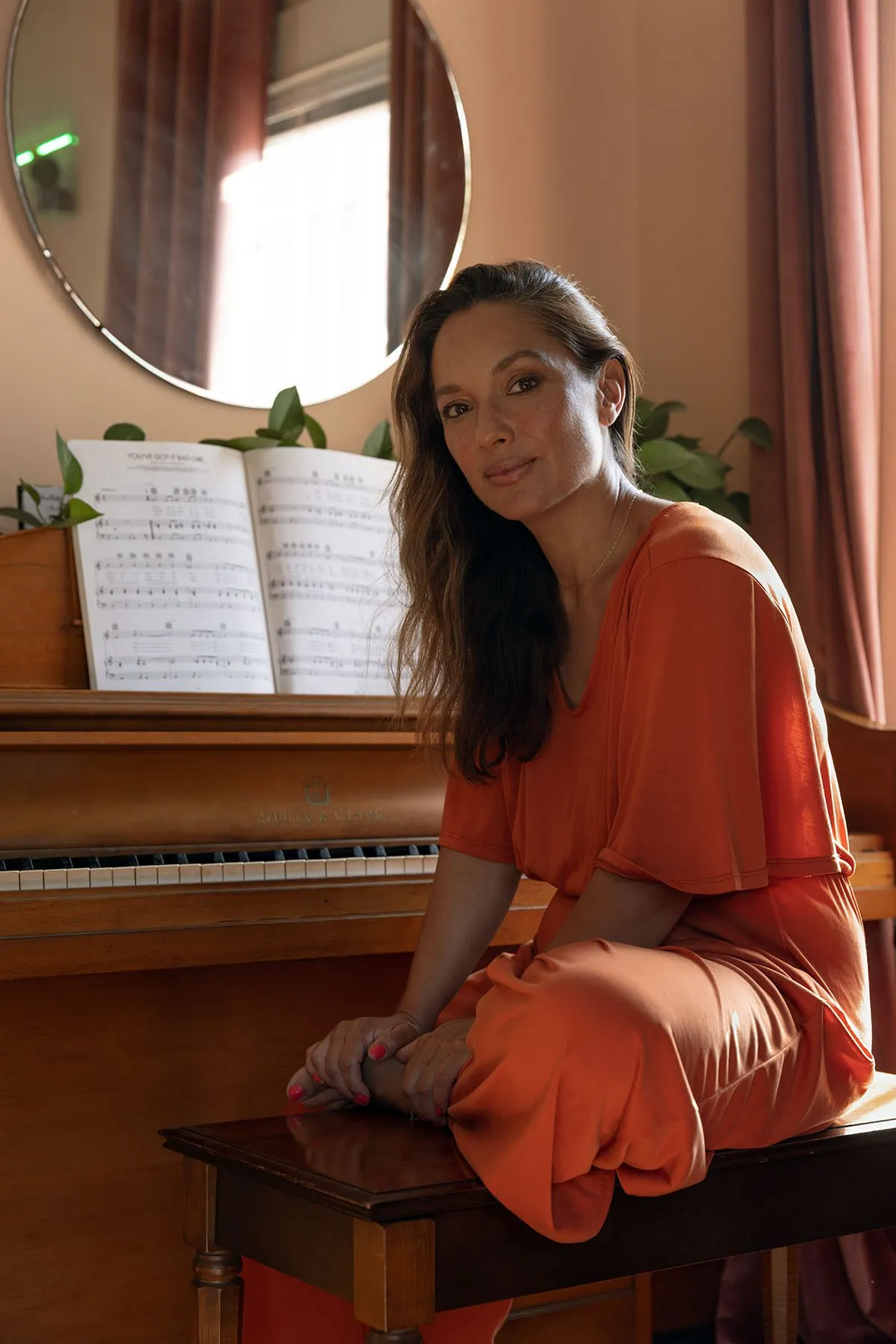
After the verdict, the writer and actor said that she cannot help but notice the way in which she keeps seeing the word “again” in headlines, and all the things that word connotes.
“I know some people see the word ‘again’ and meet it with a giant eye roll. They wonder why it matters when he is already in jail, is already 70, and want to know why we can’t just move on from this,” she said. “But then there’s still another side to this word, which is like, ‘Yes. Again. And this is exactly why we need to keep talking about it.’”
Gomes said that while the verdict reflects “a lot of archaic attitudes,” the three guilty verdicts also provide a “sense of relief in knowing that he is going to be locked away now for the rest of his life. I don’t feel like a lot of the women got what they deserved, but now he can’t hurt anyone else and that’s a win.”
And Gomes said that she hopes it doesn’t just end there. “We are hitting a point in our culture that we weren’t at five years ago. People are becoming aware of what needs to change. We need clear-cut definitions of consent so that if something happened to you and you want to press charges, that you won’t be met with a mountain of obstacles. We need to try him for as many women who want their day in court against him and can get that, as difficult as that is. At the end of the day, I am completely blown away by every woman with the bravery to confront Harvey in court. I wonder how many more ‘again’s’ it will take until we take notice and examine the changes that need to be made in our society.”
Correction: An earlier version of this article misstated the details of Sarah Ann Masse's encounter with Harvey Weinstein.
